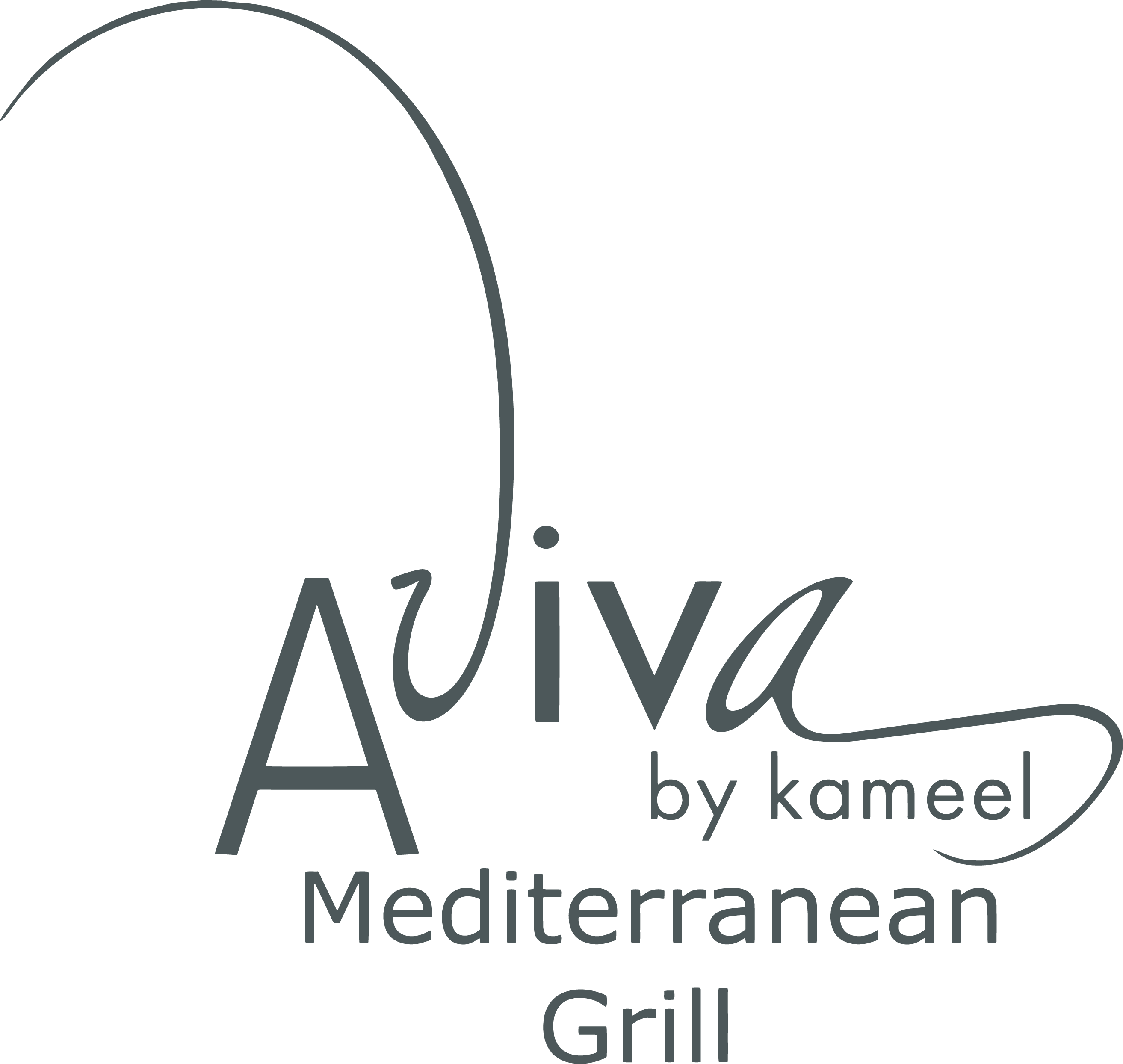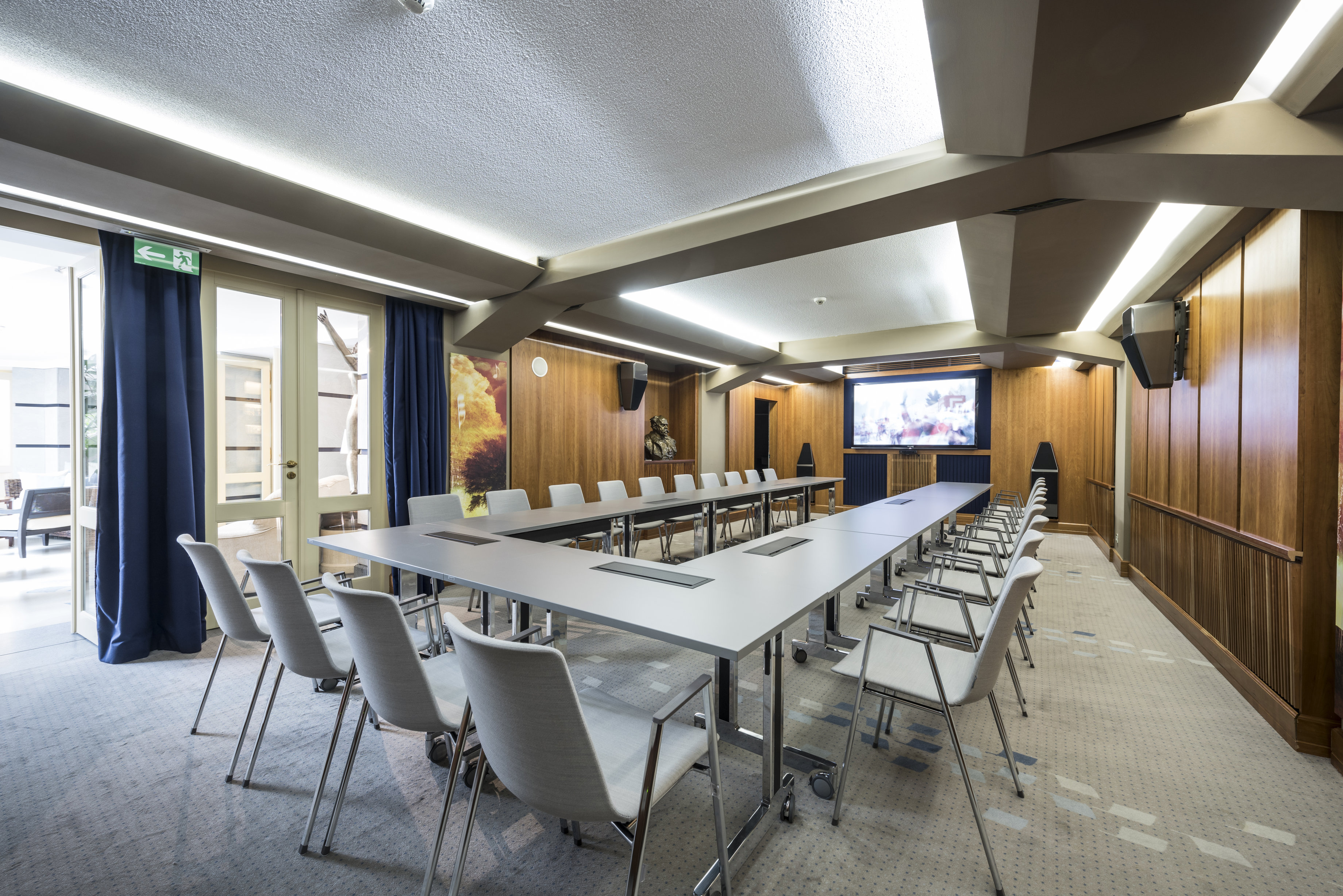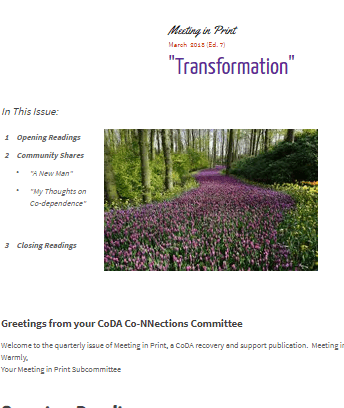
#CODA MEETING FREE#
You might find this list useful in that you are free to call any person listed to talk with them about the program, including the questions you have.Īt the end of the meeting, the group rises to say a prayer, holding hands. If not, ask questions later, after the regular meeting has concluded.Ī sign-up list of first names may go around, with phone numbers. Something may amazingly come to you about it. If you have questions about your situation, share about it first.

People generally share about their current issues in life. Others are free form, where people share as they are moved to. Some meetings go around the room where people share in turn. If you are unsure about what “no cross talk” means, please ask someone after the meeting. There is great value in these rules, because they allow the truth to come through our sharing. We speak about our own experience no one else’s. Included in this is the rule to not refer to another person or their sharing when your time comes to share. This is despite the fact that participants, including yourself, may have questions or suggestions for the person sharing. You notice everyone is silent when one is sharing. Meetings have a structure and ground rules. What a person chooses to imagine or call that power (if anything) is up to the individual. The CoDA program uses the word God to describe a power greater than ourselves. Many have come to understand spirituality in a way that works for them. It is suggested that people new to CoDA keep an open mind about spiritual matters. Members frequently start, and continue, with no experience with nor belief in God. CoDA is a spiritual program, not a religious one. There is no right or wrong way it is suggested that you work them at your own pace. Some members work these Steps quickly others slowly. You may hear people share pieces of their moral inventories. You will hear people share about their unique concepts of God, and you may hear different names for this being, such as Higher Power, Creator, Great Spirit – the list goes on. Other readings are the Twelve Steps and the Twelve Traditions. Statements like “… turn my will and my life over to the care of God as we understood God” or “… made a searching and fearless moral inventory of ourselves” may be uncomfortable to hear. Readings are usually the Preamble, which tells a bit about the organization, and the Welcome, which tells about codependency. You are not required to speak at all – it is your choice. You might add that you are checking out meetings for the first time, or any such statement. Others may add “… and I am codependent” or “… and I am a gratefully recovering codependent”. During the introductions, some will say “Hi, my name is Sally”. The meeting is about people sharing their thoughts, feelings, and experiences.Īt the beginning of a meeting, there are introductions and readings. You may ask questions before the meeting starts, or after the meeting ends. If you would like to see what Basic Meeting Format looks like, please see the Meeting Handbook.Īt your first meeting, you may have many questions. Most meetings follow a format the leader will read from it and ask volunteers to read different items.

Most meetings have between five and twenty-five people, and last one hour or one-and-a-half hours. These safeguards insure that all things shared are held in strict confidence and trust. Information shared at meetings is not discussed outside the meeting. They remain anonymous during meetings also, using only first names. This follows the CoDA tradition of anonymity, which says that members are not identified to the world-at-large. You may have noticed this person is identified by first name, and last initial.

After finding a meeting from the CoDA Meeting Locator, it is suggested you call the contact person to confirm the meeting date, time, and location.


 0 kommentar(er)
0 kommentar(er)
